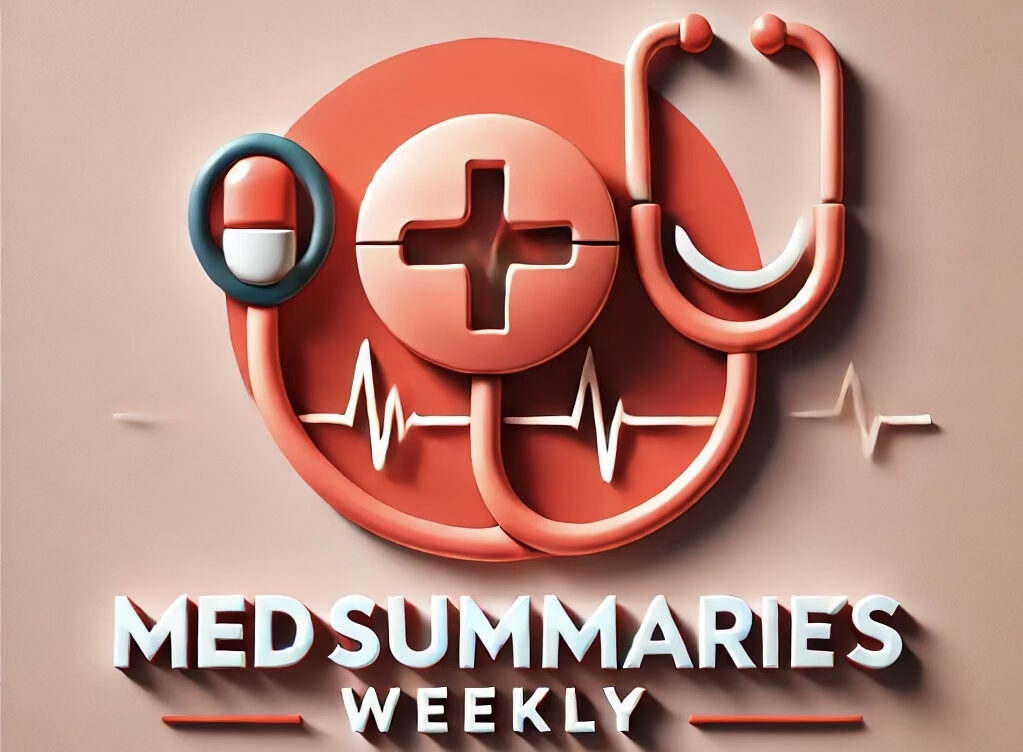ORAL THROMBIN OR XA INHIBITORS VS. TRADITIONAL ANTICOAGULANTS FOR DVT
To assess the effectiveness and safety of oral DTIs and oral factor Xa inhibitors versus conventional anticoagulants for the long‐term treatment of DVT.
Systematic review and meta-analysis
- Patients with a confirmed diagnosis of deep vein thrombosis (DVT)
- Number of patients studied: 30,895
- Inclusion criteria: Randomized controlled trials (RCTs) in which people with a DVT, confirmed by standard imaging techniques, were allocated to receive an oral DTI or an oral factor Xa inhibitor compared with conventional anticoagulation or compared with each other for the treatment of DVT.
- Exclusion criteria: Studies that did not meet the inclusion criteria
Interventions
- Experimental group: Oral direct thrombin inhibitors (DTIs) or oral factor Xa inhibitors
- Control group: Conventional anticoagulation
Primary outcomes

- Recurrent venous thromboembolism (VTE), recurrent DVT, and pulmonary embolism (PE)
No significant difference between DOACs and conventional anticoagulation for primary outcomes
Secondary outcomes
All-cause mortality, major bleeding, post-thrombotic syndrome (PTS), and quality of life (QoL)
Conclusion
Direct oral anticoagulants (DOACs) may be superior to conventional therapy in terms of safety (major bleeding) and are probably equivalent in terms of efficacy.
